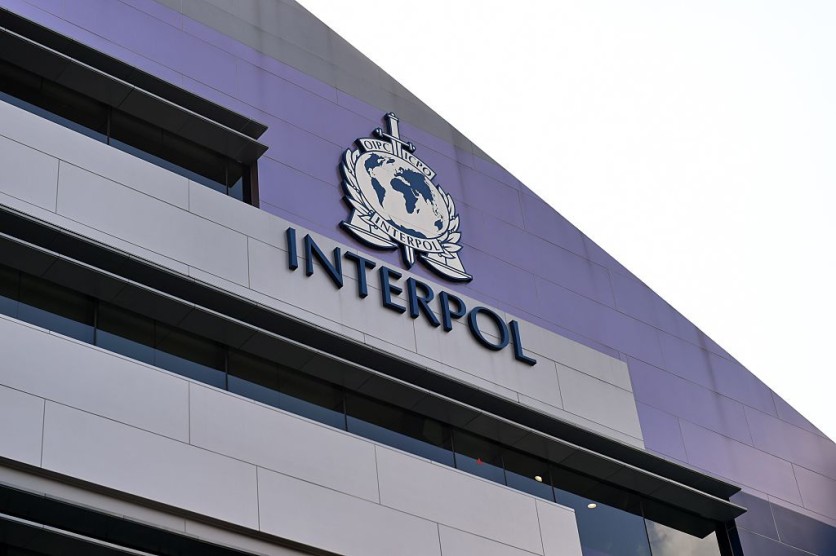INTERPOL disclosed the outcomes of its inaugural operation targeting the intersection of human trafficking and cyber fraud, underscoring the widespread reach of this criminal nexus. The international law enforcement agency's effort showcased the global expansion of this issue beyond its roots in Southeast Asia, uncovering the emergence of scam centers as distant as Latin America.
In October, law enforcement agencies from more than 20 countries conducted inspections at numerous trafficking and smuggling hotspots. These locations, identified as pivotal for online fraud committed under egregious conditions, witnessed a synchronized operation resulting in numerous arrests, according to Business Times.

Crimes Focus in Souteast Asia
The operation brought to light the extensive geographical impact of this criminal industry. Troubling instances included Malaysians enticed to Peru with promises of lucrative employment and Ugandan nationals transported to Dubai, Thailand, and Myanmar. These victims faced confinement under an armed guard and were coerced into learning how to defraud banks.
While Southeast Asia remains a focal point for such criminal activities, INTERPOL stressed the global proliferation, citing cases of victims sourced from other continents and the emergence of new scam centers in Latin America. Rosemary Nalubega, Assistant Director of Vulnerable Communities at INTERPOL, expressed concern over the spreading modus operandi.
The phenomenon initially surfaced in Southeast Asia, where criminal gangs trafficked hundreds of thousands of individuals, forcing them to work in scam centers and illicit online operations. The UN reported these fast-growing scam centers generating billions in revenue annually.
Related Article : Elon Musk's xAI Launches Grok Chatbot to X Premium+ Subscribers
Offenses Range from Phishing Scams to Sexual Exploitation
Earlier this year, INTERPOL's operation dismantled the notorious phishing-as-a-service platform, 16Shop, leading to arrests connected to the group. The platform facilitated the sale of phishing kits to hackers, enabling scams involving deceptive emails, PDF files, and website redirects to extract sensitive information.
As part of Operation Storm Makers II, INTERPOL arrested 281 individuals involved in offenses ranging from human trafficking and passport forgery to corruption, telecommunications fraud, and sexual exploitation. Notably, 149 human trafficking victims were rescued, and more than 360 investigations were initiated, reflecting the far-reaching impact of these interconnected crimes, as per Silicone Republic.
"Checks by police officers at border checkpoints, who looked for tell-tale signs of trafficking among travellers, succeeded in intercepting nearly 800 potential victims across all countries. Many were likely victims of fake recruiters," INTERPOL noted in its website.
Rosemary Nalubega, Assistant Director, Vulnerable Communities at INTERPOL, emphasized the rising human cost associated with cyber scam centers and stressed the need for concerted global action to address the growing globalization of this criminal trend. While the majority of cases are concentrated in Southeast Asia, Operation Storm Makers II evidenced the expanding reach of this modus operandi, with victims sourced globally and new scam centers appearing as far away as Latin America.
Operation Storm Makers II received financial support from the Regional Support Office of the Bali Process, Global Affairs Canada, and China's Ministry of Public Security. Participating countries included Angola, Australia, Bangladesh, Brazil, Cambodia, China, Ethiopia, Ghana, India, Indonesia, Kazakhstan, Kenya, Laos, Malaysia, Myanmar, Nepal, Pakistan, the Philippines, Singapore, South Africa, Sri Lanka, Tanzania, Thailand, Turkey, Uganda, the United Arab Emirates, and Vietnam.

![Apple Watch Series 10 [GPS 42mm]](https://d.techtimes.com/en/full/453899/apple-watch-series-10-gps-42mm.jpg?w=184&h=103&f=9fb3c2ea2db928c663d1d2eadbcb3e52)



